On December 24, the New York Times ran an article
alleging that President Trump characterized all Haitians as having AIDS. The
incident supposedly happened during a White House meeting last June about
immigration. After the publication White House Spokeswoman Sarah Sanders called
the allegation “sad and scandalous”. However, the mere printing of the article
in the New York Times – which it should be noted did not source its information
– did damage to the Haitian community evoking memories of the 1983 witch hunt
in which Haitians were characterized as having an abnormally high incidence of
AIDS and were barred even from donating blood. Whether or not the comment was
made, the NY Times article made Haiti a pawn to fit the political narrative.
Facts about AIDS
In 1983 the Center for Disease Control (CDC) unscientifically
dubbed AIDS “4H” for the four groups they said were at risk: heroin users,
hemophiliacs, homosexuals and Haitians. This classification remained until 1985
when the CDC was forced to change the name under pressure by thousands of
Haitians marching on the Brooklyn Bridge supported by various sectors of American
society including civil rights leaders.
Because of the CDC fabrication, Haitians were outcast
worldwide, causing irreparable damages to Haiti’s citizens, economy and its
tourism industry that was booming in the Caribbean. Later, it was discovered
that patient zero who brought the AIDS virus to Haiti was from the United
States.
Today, AIDS is down more than two-thirds in Haiti. And,
there is a higher prevalence of AIDS in Washington, DC than in Haiti.
Haiti, Viruses and
Bacteria
The sad fact is that Haiti’s healthcare system is fragile
and cannot withstand major diseases. The tolls are catastrophic. We were unable
to handle the introduction of AIDS in the 1980s, swine flu from the U.S. in the
2000s, bird flu also from the U.S. in the early 2000s, or most recently the
introduction of cholera by a UN peacekeeper in the aftermath of the 2010
earthquake.
These diseases have done untold damage to the Haitian people
and cost the economy $14 billion over 30 years. More than 9,500 Haitians have died from the U.N. cholera, and
more than 900,000 are infected. Haiti fought five years for the United Nations
to acknowledge their responsibility in spreading the epidemic. Finally, when Secretary
General Ban Ki-moon admitted the UN responsibility,
the UN mission was quickly closed in an effort to dodge paying reparations to
family of the victims and $1.4 billion needed to eradicate the bacteria. The
incensed Haitian parliament has refused to vote to legalize the presence of the
current UN mission MINUJUSTH. Secretary Antonio Gutteres
is playing a game of cat and mouse and avoiding being clear on when the UN will
meet its obligations in Haiti.
Haitians and Election
of Donald Trump
In the history of U.S. elections, Donald Trump was the first
presidential candidate to meet with the Haitian-American community in little
Haiti, Miami, Florida in 2016. He promised to be their “greatest champion.”
Frustrated by the management
of the reconstruction after the January 12, 2010 and faulting
the Clinton’s, Haitian-Americans voted massively for Donald Trump in Florida.
They were one of the three constituencies who put Trump on top in Florida. For
the first time in U.S. political history Haitian-Americans who traditionally
vote 9-1 democrats reversed their votes. Their loyalty was paid back when Trump reversed himself on
TPS, ending the program
for 59,000 Haitians and putting in jeopardy their 27,000 kids who are American
Citizens and have never known Haiti.
With the latest allegations of his views about the Haitian
people all being AIDS patients, it begs the question about whether or not the
Haitian community will turn out for Mr. Trump again in 2022. Groups are taking
sides. A scathing op-ed
in the Washington Post cites Trump’s track record in Charlottesville as
evidence that the NY Times story fits within a pattern of anti-immigrant and
racist behavior by the President. The Haitian Round Table has already taken the
position that they will never again support Mr. Trump based on these
allegations.
Haiti and the United
States
The contributions of Haitians to the United States and the
world date back to the Revolutionary War in which Haitian soldiers – who had only
recently secured their freedom from slavery – fought side-by-side the Americans
for their independence. When British soldiers wanted to reconquer the United States in 1812, Haitian President Alexandre Petion
sent Haitian soldiers to the Battle of Chalmette (known as the battle of New
Orleans) to protect the independence of the United States. And, by defeating
Napoleon’s army in Haiti, Haitians forced the French to sell Louisiana to the
United States doubling the size of the country. You scarcely find this history
in U.S. textbooks, however. Haitians contribution to the U.S. – which also
includes the founding of Chicago -- to the various professionals in every
sector of American life, is undeniable. In contrast to the Administration, the
Congress’s the support for Haiti has been bi-partisan.
For years both Republican and Democratic Presidents have
done their best to support their oldest neighbor in the Caribbean. We take very
seriously any allegations of racism or degradation of our proud history and people.
We’ve helped build America – and stood for freedom throughout the world
including providing
passports for Jewish people fleeing Nazi Germany and soldiers and arms to Latin
American revolutions. Yet, we should also seize the opportunity to reignite this
cooperation – rather than tear it apart based on an emotional response to an
unconfirmed oped. Let’s seize this
opportunity to reassess our relationship and open a dialogue and restructure
this bilateral relationship.

































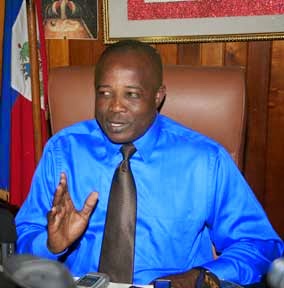

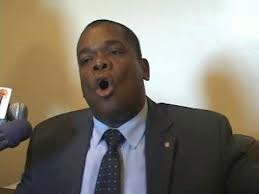
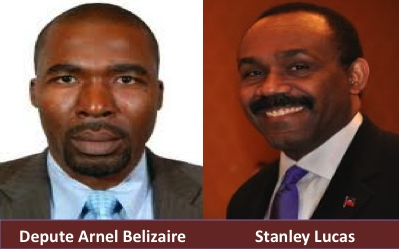







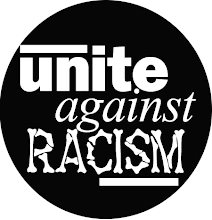





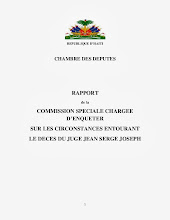








































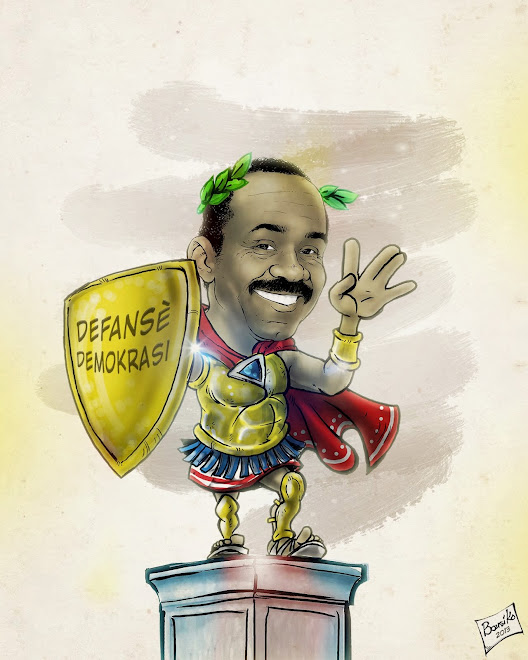



















-3.jpg)


.jpg)





.jpg)











.jpg)
.jpg)
.jpg)
.jpg)
.jpg)
.jpg)





































































